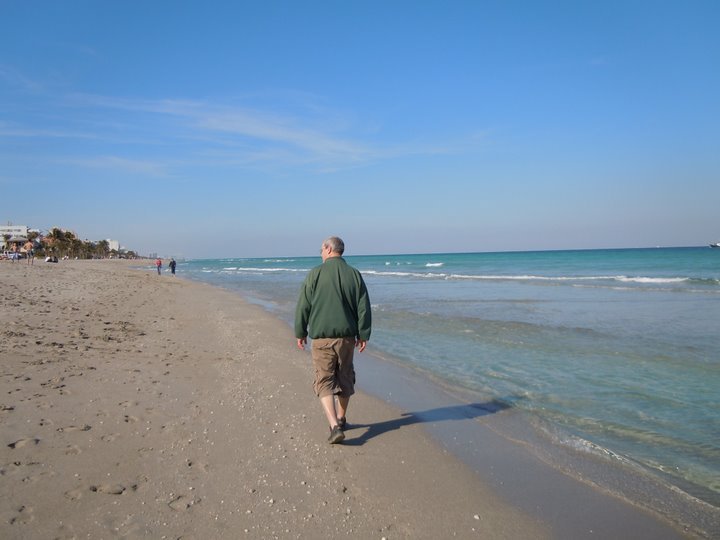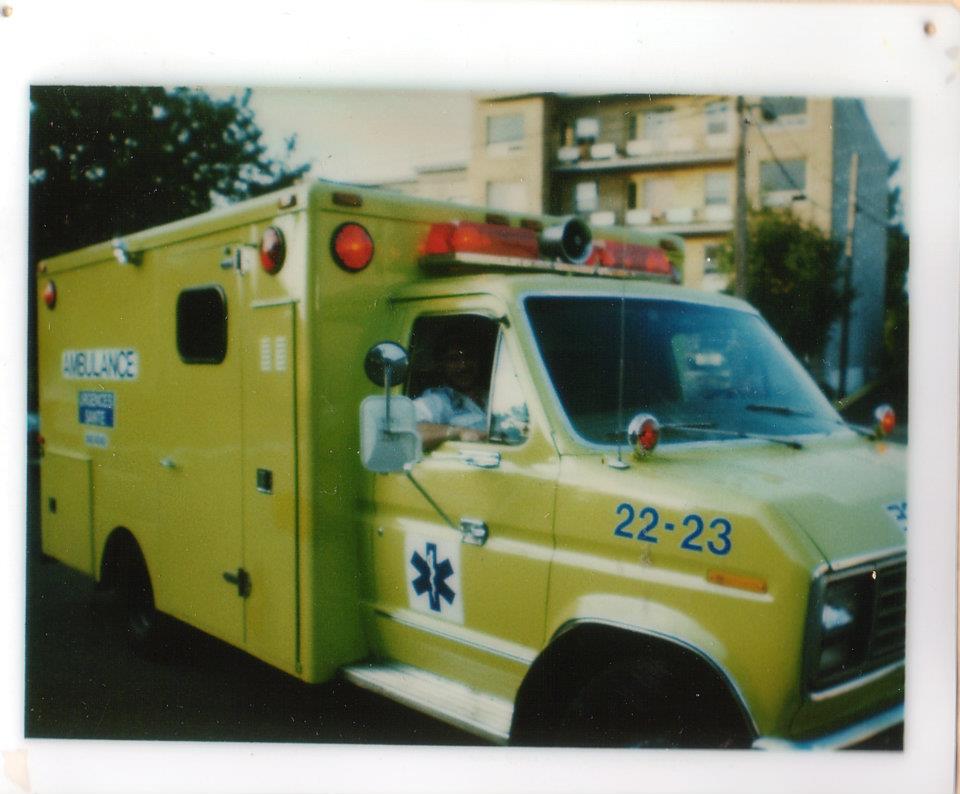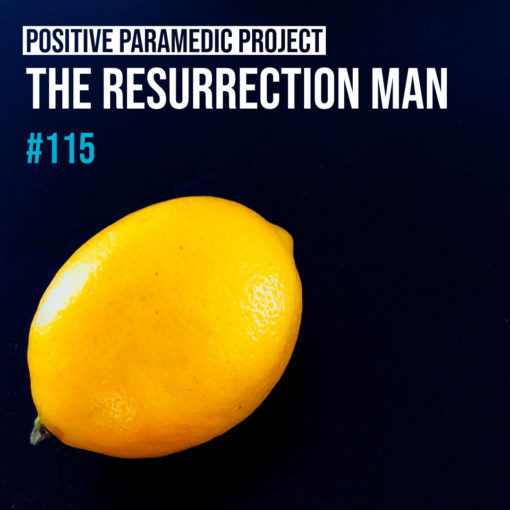A nugget of Big Medicine every day. #84 Professional indifference
Last week, a good friend of ours – we’ll call her Sally – was enjoying ice cream with her daughter and a friend. Suddenly and somehow, right on the sidewalk in front of them, a pedestrian was struck by a city bus.
Armed with courage, a mother’s wisdom, and excellent first aid skills Sally immediately moved to help. She told her 13-year-old daughter to stay put because she wasn’t quite sure just how badly the pedestrian had been injured.
That was the first of several good moves she made. The pedestrian was laying prone on the ground bleeding profusely from her nose and mouth. The impact had been powerful and she had lost some of her teeth between first being struck and then slamming into the concrete. She was confused and struggling to make sense of her new reality.
Sally quickly took control of the situation and after ensuring the pedestrian – a twentysomething-year-old woman – didn’t move and that another bystander was calling 911, began a calming conversation. Sally told us that when the pedestrian was hesitant to respond, Sally told her a bit about herself. “I’m a mom. I love dogs…” She knew that the sound of her voice and the touch of her hand would be vitally important to this young woman, alone and seriously injured.
The pedestrian made an attempt to sit up and collapsed back onto the ground. Sally told her it was very important she lay still on her side until the first responders and paramedics could get there.
And then she returned to the conversation while trying to keep her knees out of the awful puddles of blood. Sally talked to the young woman while chaos reigned all around them – a crowd of onlookers swelled, motorists slowed or honked or both as traffic came to a standstill in the busy intersection, the sounds of sirens inbound from different directions.
Another would-be rescuer decided that the young woman was talking too much and told Sally she should be quiet. Sally shoo’d him away knowing instinctively that her thread of calming words were providing a tiny tether to the world that was just prior to the crash. Sally told us that if, “God forbid I was in the same situation, I’d want someone there to hold my hand and talk to me just so I’d know I was still alive.”
In the midst of her trauma and confusion, the woman was very concerned about her mother and repeatedly told Sally her mom would be waiting for her at work and could someone please let her mom know what had happened. Even if the young woman wasn’t exactly clear on what happened herself. Sally promised she’d ensure someone would get word to her mom.
And then the firefighter first responders and the police arrived.
While they were efficient and professional, the firefighters and the police officers ran up a caring deficit when it came to dealing with Sally. For reasons known only to themselves, they decided to ignore her presence, not pay attention to the extensive history she was able to compile, not listen to her description of what had happened, and most importantly – not treat her with the respect, appreciation, and gratitude she truly deserved.
Sally tried to communicate the importance of finding the victim’s mother and advising her of the situation. She had to hound a police officer until the officer finally tuned-in and actually listened to the words being spoken – and realized that yes, this was important enough for her to take action. The police officers were professional but almost aloof in their dealings with Sally.
And with their professional indifference, they made an already very traumatic situation much worse. No stranger to the realities of firefighting and EMS – her husband is on the job – Sally was left to question all she had done. Had she made the right moves going to help? What happened to the young woman? What if….?
If we want people to step forward and lend a hand, we need to be willing to treat bystander rescuers as if they are members of our own team. We need to embrace them and thank them for extending the continuum of care from our stations all the way to our sidewalks. We need to let them know we appreciate their willingness to become involved.
We need to ensure they are okay – physically and psychologically. They may not have the support scaffolding necessary to deal with the emotional fallout that comes with temporarily stepping into our shoes – or boots – even for just a few crucial moments.
And if we want them to learn, improve their knowledge and techniques we need to be willing to provide debriefings, follow-ups and opportunities to update their skills. We might even consider rewarding them with first aid kits and special workshops designed to allow them to become ambassadors within their own networks of family, friends & colleagues.
In a world filled with frequent flyer points, referral rewards and customer affinity programs, is anyone going to tell me there isn’t anything we can do to better care for those amongst us who are ready and willing to step forward and lend a caring hand when a fellow human needs it most?
Let’s get it done.
Be well. Practice big medicine.
Hal




